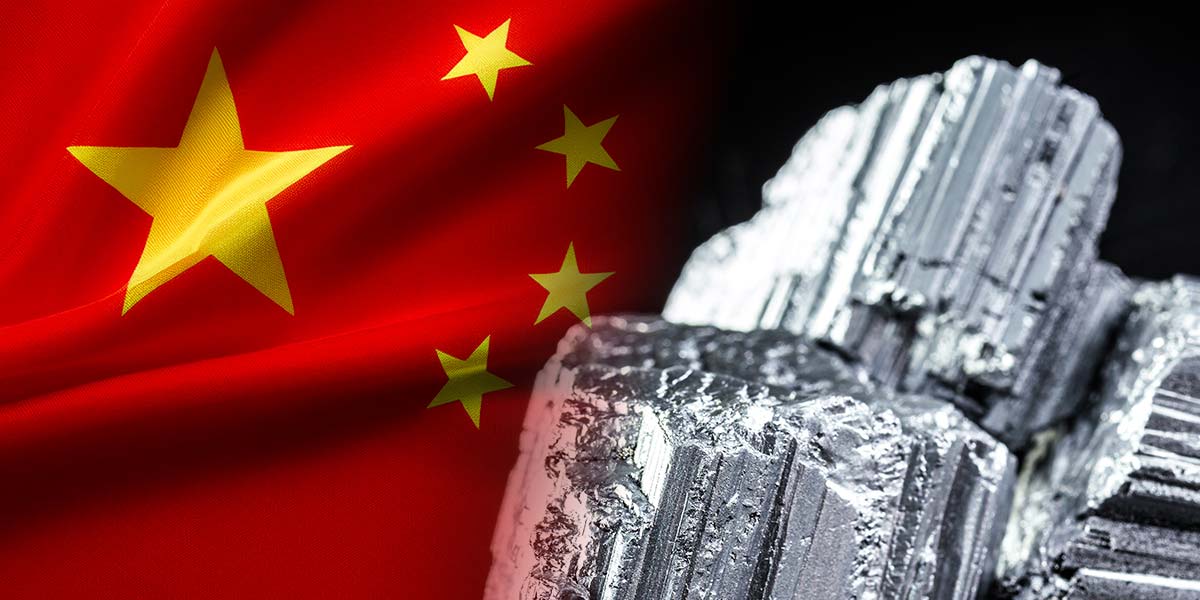China moved to tighten its grip on the global rare earths market on Thursday, introducing expanded export controls that extend restrictions on processing technology and underline Beijing’s intent to limit supply to foreign defense and semiconductor industries.
The Ministry of Commerce issued a statement specifying and broadening the sweeping measures first announced in April. Those initial restrictions led to global shortages of rare earths until subsequent agreements with Europe and the United States offered some reprieve, although challenges in supply persist.
As a dominant force in the sector, China accounts for more than 90% of worldwide output of processed rare earths and magnets—a group of 17 key elements essential for technologies spanning electric vehicles, advanced semiconductor manufacturing, military radars, and aerospace.
The timing of the intensified controls is seen as a strategic move, coming just weeks ahead of a planned meeting between Presidents Donald Trump and Xi Jinping in South Korea. Tim Zhang of Edge Research in Singapore commented that this gives Beijing additional leverage before the expected Trump-Xi summit later this month.
Under the revised rules, the list of restricted exports is expanded to include technology and equipment used in producing a wider array of rare earth magnets, as well as certain parts and assemblies containing these magnets.
Export licences will now be required for rare earth recycling equipment, with new limitations on international collaboration—Chinese companies must now seek ministry approval before engaging in joint overseas projects related to rare earths.
The ministry clarified for the first time that defence sector buyers outside China will not be eligible for export licences, while semiconductor-related applications will be evaluated case-by-case. This comes as U.S. lawmakers call for tighter restrictions on exports of chip production tools to China.
China’s rare earth exports have picked up in recent months, with more export licences granted, although some international users continue to report difficulties in obtaining supplies. Addressing accessibility concerns, the commerce ministry said the latest restrictions would remain narrow in scope, supplemented by a variety of licensing facilitation measures.
Additionally, foreign manufacturers utilizing Chinese rare earth components or equipment will now need to obtain export permits for controlled items, according to the ministry.





